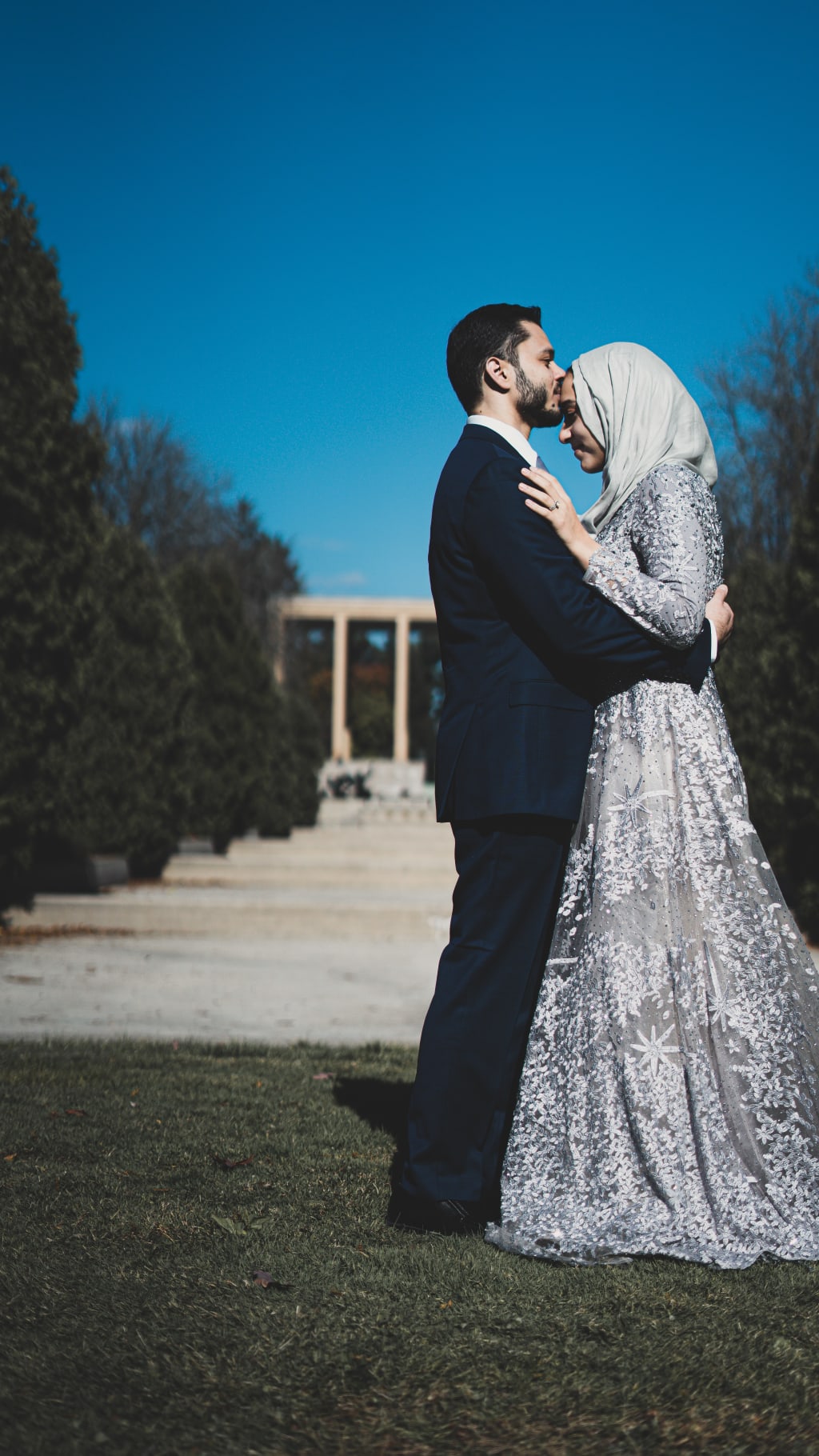
Introduction
In Islam, the relationship between men and women is governed by a set of principles and values that promote mutual respect, understanding, and equality. This article delves into the essential aspects of the relationship between men and women in Islam, addressing various topics related to marriage, engagement, and concerns that may arise in such relationships.
1. Understanding the Concept of Marriage in Islam
In Islam, marriage is considered a sacred bond between a man and a woman. It is an essential institution that promotes companionship and allows individuals to fulfill their religious and emotional needs. The concept of marriage is rooted in love, respect, and shared responsibilities.
2. The Role of Love and Compassion in Islamic Marriages
Love and compassion are vital components of a successful Islamic marriage. Spouses are encouraged to show affection, kindness, and understanding towards each other. A strong emotional connection fosters a healthy and harmonious relationship.
3. The Significance of Engagement in Islamic Tradition
Engagement in Islam signifies the couple's commitment to each other and the intention to proceed with marriage. It is a period during which they get to know each other better, with the approval and support of their families.
4. Identifying Red Flags in a Relationship
While love and trust form the foundation of a successful relationship, it is essential to be aware of potential red flags. These may include inappropriate behavior on social media or communication with members of the opposite sex that could jeopardize the trust in the relationship.
5. Navigating Challenges in an Engagement
When red flags are discovered, it becomes crucial to address them with honesty and transparency. Open communication and the willingness to understand each other's perspectives can help navigate challenges effectively.
6. Seeking Advice and Support
In times of uncertainty, seeking advice from a trusted friend or a family member can be beneficial. Sharing concerns with someone who cares can provide valuable insights and emotional support.
7. The Importance of Family in Decision-Making
In Islamic culture, family plays a pivotal role in the decision-making process regarding marriage. Seeking the counsel of elders and involving parents can help in making well-informed choices.
8. The Power of Self-Reflection
Engaged individuals must engage in self-reflection to assess their feelings, expectations, and compatibility with their partner. Honest self-assessment can lead to better decision-making and understanding personal desires.
9. The Value of Respect in Relationships
Respect is a core Islamic value that applies to all relationships. Treating each other with respect fosters a healthy and loving environment, ensuring both partners feel valued and appreciated.
10. Evaluating the Compatibility of Life Goals
Before proceeding with marriage, it is crucial to discuss and evaluate life goals, aspirations, and long-term plans. Ensuring compatibility in these aspects can lead to a more fulfilling partnership.
11. Seeking Guidance from Religious Scholars
In matters of religious significance, seeking guidance from knowledgeable religious scholars can provide clarity and direction. Their insights can help individuals navigate complex situations.
12. The Art of Compromise and Understanding
Successful relationships require compromise and understanding from both partners. Finding common ground and empathizing with each other's perspectives are essential for building a strong bond.
13. Evaluating the Relationship's Progress
Regularly evaluating the relationship's progress is necessary to identify any concerns and address them promptly. Open conversations about expectations and needs can lead to a healthier connection.
14. Embracing Change and Growth
As individuals and partners, embracing personal growth and change is vital. Understanding that people evolve over time and supporting each other's development leads to a dynamic and thriving relationship.
15. The Power of Patience and Forgiveness
In any relationship, patience and forgiveness are invaluable. Understanding that imperfections exist and showing willingness to forgive mistakes can foster a more resilient bond.
16. The Importance of Trust in Islamic Relationships
Trust is the foundation of any strong relationship, and it holds particular significance in Islamic unions. Both partners must trust each other's intentions, actions, and words to build a lasting and meaningful connection.
17. Overcoming Communication Barriers
Communication is key to a successful relationship, but sometimes, barriers may hinder effective dialogue. Being patient and understanding when facing communication challenges can help overcome misunderstandings.
18. Balancing Independence and Interdependence
Islamic relationships encourage a healthy balance between individual independence and interdependence as a couple. It is essential for each partner to maintain their identity while supporting and relying on each other.
19. Resolving Conflicts Amicably
Conflicts are a natural part of any relationship, but resolving them in a respectful and amicable manner is essential. Using non-violent communication techniques and finding common ground can strengthen the relationship.
20. Supporting Each Other's Dreams
In a loving Islamic relationship, supporting each other's dreams and aspirations becomes a shared responsibility. Encouraging personal growth and cheering for each other's accomplishments leads to a fulfilling bond.
21. Embracing Gender Equality in Islamic Relationships
While Islam emphasizes gender roles and responsibilities, it also advocates for gender equality in terms of respect, kindness, and decision-making within a marriage.
22. Seeking Spiritual Connection Together
Nurturing a spiritual connection as a couple can deepen the emotional and intellectual bond. Engaging in religious practices together, such as prayer and fasting, can foster a shared sense of purpose.
23. The Role of Intimacy in Marriage
Intimacy is an essential aspect of a marriage, both emotionally and physically. It is a way for couples to express their love and strengthen their connection on a deeper level.
24. Redefining Masculinity and Femininity
Islamic relationships encourage a redefinition of traditional gender roles, focusing on the shared values and characteristics that contribute to a balanced and harmonious partnership.
25. The Power of Gratitude and Appreciation
Expressing gratitude and appreciation for each other's efforts and contributions fosters a positive and loving atmosphere within the relationship.
Conclusion
The relationship between men and women in Islam is guided by principles that emphasize love, respect, and understanding. Engaging in open communication, seeking advice, and embracing change are crucial for building strong and fulfilling partnerships. By respecting each other's differences and working together, couples can nurture a relationship that thrives in the spirit of Islamic teachings.





Comments
There are no comments for this story
Be the first to respond and start the conversation.